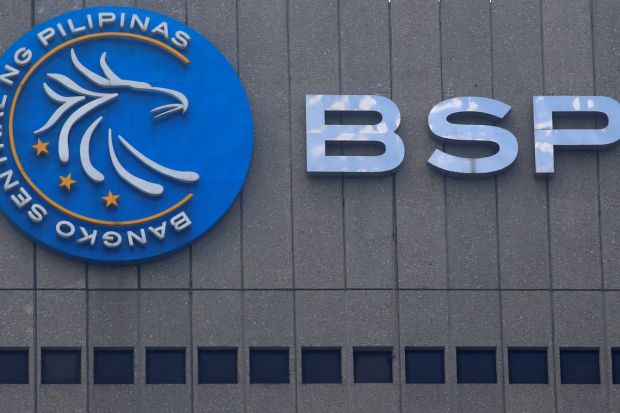Philippines’s BSP to go ahead with policy cuts despite higher Dec inflation
Despite a surprise uptick in December inflation in the Philippines, ANZ and Barclays analysts both maintain that the central bank still has room to ease its monetary policy in Q1 2020.
Barclays said the Bangko Sentral ng Pilipinas (BSP) can cut rates only once in 2020, most likely on Feb 6, due to the risks of a sub-6 per cent gross domestic product growth in 2019, and the still relatively high real policy rate.
That said, given the Congress has approved an extension to the validity of the leftover budget in 2020 and that President Duterte also approved Budget 2020 without severe delays, Barclays expects the growth outlook to turn “more favorable” for the Philippines in 2020, thanks to larger fiscal stimulus.
Barclays also expects a reduced need for further aggressive monetary easing.
The analysts made the call following a recent statement by the BSP governor Diokno, who said the chances of an upside breach to the inflation target of 2 per cent to 4 per cent remain remote, and that the central bank still sees a 25 basis point rate cut in Q1 2020.
This comes even as inflation overshot market expectations in December in the Philippines.
In its report, ANZ noted that headline inflation – defined as change in the costs of consumer goods and services measured in the consumer price index (CPI) – rose 0.7 per cent month-on-month in December, even as core inflation, which excludes costs of the food and energy sectors due to their high volatility, remained unchanged at 2.6 per cent year-on-year
Further, when looking at the December CPI, ANZ noted an increase in the number of consumer goods and services with prices rising above 4 per cent year-on-year.
With less favourable base effects, food prices rose 1.1 per cent month-on-month and 1.7 per cent year-on-year, taking the lion’s share of the increase in total inflation, said ANZ.
In particular, Barclays noted a sharp increase in vegetable prices by 8.2 per cent year-on-year from 1.0 per cent in November.
Barclays attributed the rise in prices of agricultural outputs to the two typhoons – Typhoon Tisoy and Typhoon Ursula – in December.
Barclays expect the impact from typhoons on agricultural output to linger in the coming months.
Barclays added that even though rice prices have remained “extremely low” owing to the Rice Tariffication Law, rice imports will now be subject to stricter control measures, which is “likely to limit the price decline in rice CPI.”
Higher housing and utilities and transport costs also contributed positively to the December inflation, said ANZ.
Transport prices in December shot up by 2.2 per cent year-on-year in December, ANZ noted.
Both ANZ and Barclays highlighted the impact of geopolitical risks on domestic petrol prices.
In December, domestic petrol prices increased by about 13 per cent year-on-year, consistent with the rise in global oil prices through December, said ANZ.
However, ANZ noted that as geopolitical developments in the Middle East have pushed up Dubai Crude prices to US$68.27 per barrel, further escalation in the prices poses a key upside risk to the inflation outlook of the Philippines in 2020.
The third round of tax hikes as part of the Tax Reform for Acceleration and Inclusion will also kick in, pushing up prices of gasoline, diesel and cooking gas from Jan 1 2020 onwards, added Barclays.
Looking ahead, Barclays also expects demand-side inflationary pressure to strengthen, as the 400 basis point reduction in the required reserve ratios will likely ease liquidity and help improve loan growth; the accelerating public spending will help lift private consumption; the unemployment rate extends its downward trend to a mere 4.8 per cent in Q4 2019; remittances growth remains strong; and inflation expectations showed signs of stabilising after bottoming out in Q2 2019.
Source: https://www.businesstimes.com.sg/asean-business/philippiness-bsp-to-go-ahead-with-policy-cuts-despite-higher-dec-inflation


 English
English




